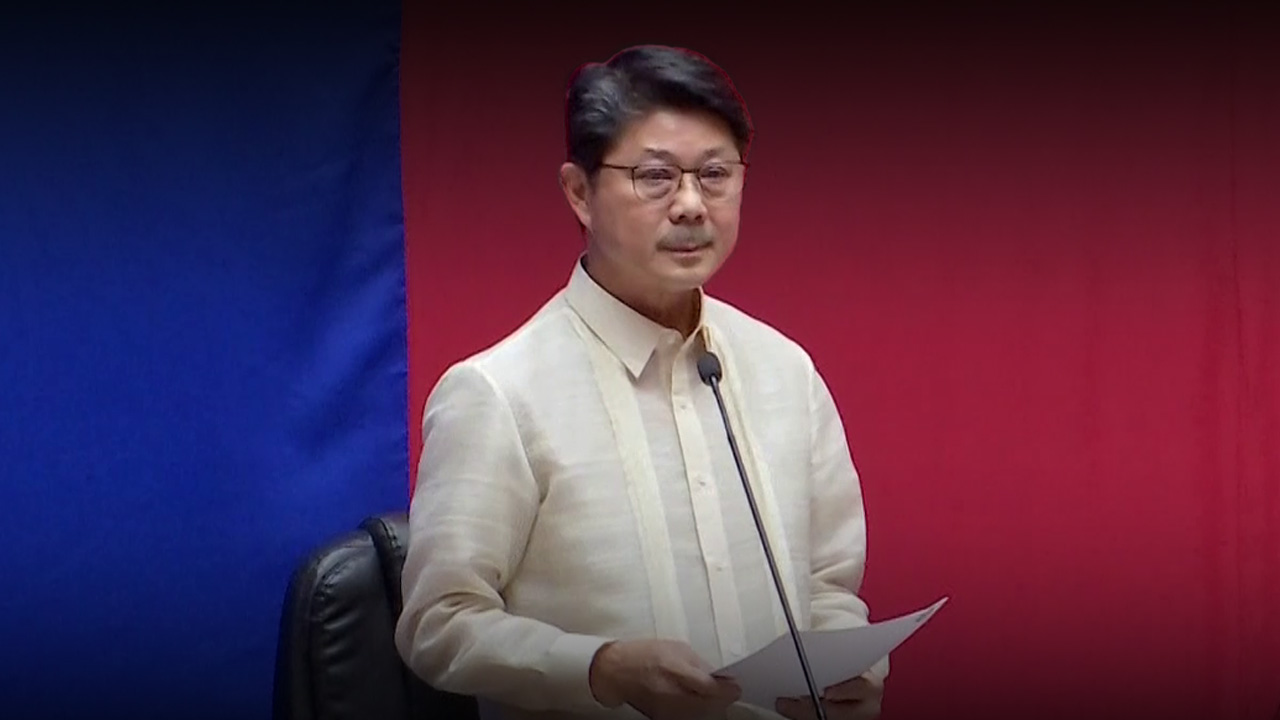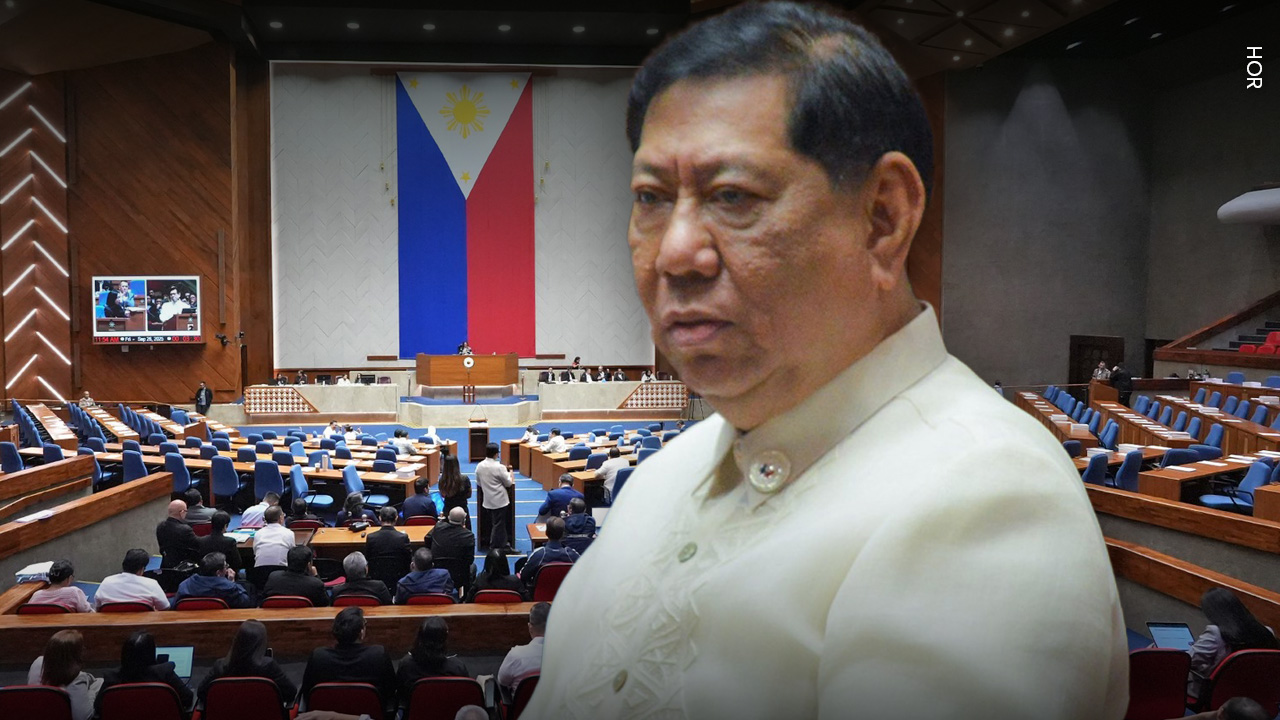MANILA, PHILIPPINES — As investigations reveal that up to ₱118 billion in flood control funds may have been lost to corruption between 2023 and 2025, Filipinos have started using a new term to describe one key aspect of the scandal: "nepo babies."
But what exactly is a 'nepo baby,' and why has this Hollywood slang suddenly become the rallying cry against corruption?
The 'Nepo Baby' phenomenon
"Nepo baby" is short for "nepotism baby," a term that exploded into mainstream use when New York Magazine declared 2022 "The Year of the Nepo Baby" in a viral December cover story.
It originally described children of famous celebrities who got successful careers thanks to their parents' connections rather than their own talent. Think of Hollywood actors with movie star parents, or models whose mothers were supermodels.
The Philippine 'Nepo Baby' goes viral
In the Philippines, the term has evolved beyond celebrity culture to describe something more serious. Netizens have discovered that many people managing billion-peso flood control projects are relatives of politicians, often young adults with business degrees instead of engineering qualifications, deciding how deep flood barriers should be built.
The scandal exploded on social media when Filipinos began connecting the dots between the flood control investigation and the social media accounts of contractors and government officials’ children.
A new Reddit community called "lifestylecheckPH" gained nearly 7,000 followers within days, with users uploading screenshots of young adults flaunting designer bags, European vacations, and luxury cars while their parents' companies were under investigation for ghost projects.
One viral case involved a contractor's daughter whose single outfit, featuring a Fendi X Versace jacket with matching accessories, cost ₱680,170, equivalent to what a minimum wage earner would make in 31 months. Another showed off her collection of Chanel, Yves Saint Laurent, and Celine bags, each worth hundreds of thousands of pesos.
These weren't celebrities or business heirs but children of flood control contractors and daughters of government officials involved in the anomalies, their luxury funded by projects that never materialized.
"Reality check: the super bourgeois lifestyle of the 1 percent is only possible because of the exploitation and theft of the 99 percent of the working people," Kabataan Representative Renee Co said in a statement.
Social media users created collages comparing the price of these nepo babies' outfits to the number of flood barriers that money could have built. Many of these accounts, which had hundreds of thousands of followers, were hastily deactivated as public anger grew.
The online outrage became so intense that these nepo babies shut down their YouTube channels, Instagram accounts, and TikTok profiles. As one viral TikTok put it: "So you wanna flaunt all that wealth from our stolen money? We're gonna let everybody know."
Where 'Nepo Babies' come in
During Senate and House investigations, a troubling pattern emerged that explains why billions in flood control funds disappeared. Many key positions in these failed projects were held by relatives of politicians, creating what investigators call a "family monopoly" on infrastructure.
The investigations revealed that political families don't just influence projects from the outside. They've embedded their children, siblings, cousins, and in-laws throughout the entire system, from district engineering offices to contractor companies to inspection teams.
This creates multiple layers where family members can approve each other's work, hide deficiencies, and ensure payments flow regardless of actual project completion.
Senator Panfilo Lacson revealed that legislators get kickbacks of 20 to 40 percent from congressional insertions for public works projects. The money flows through a network often managed by their own relatives.
Baguio City Mayor Benjamin Magalong confirmed that some lawmakers are paid 30 to 40 percent of contract costs by well-connected firms, many owned by their cousins or in-laws. By investigators' count, at least 18 members of the 20th Congress have ownership or connections to companies that have gotten public works contracts from the government.
Senator Erwin Tulfo put it bluntly during one hearing: "Most DPWH employees are themselves contractors. They make their own ghost projects, and they don't blacklist themselves. It's nothing less than a grand robbery of our nation."
A new term for an old problem
The term "nepo baby" has traveled far from Hollywood red carpets to Philippine floodwaters. It evolved from celebrity gossip into a rallying cry for accountability.
What started as a way to describe actors with famous parents now identifies those whose family connections to power cost Filipino lives.
The ₱118 billion flood control scandal reveals that nepotism is not just about unfair advantages anymore. When unqualified relatives control critical infrastructure, when ghost projects fund luxury bags instead of flood barriers, and when family monopolies decide who lives safely and who drowns, the "nepo baby" problem becomes a national crisis.
As the investigations continue and criminal charges are filed, Filipinos have made one thing clear through their social media uprising: they're no longer willing to watch political dynasties treat public safety as a family business.
The designer outfits worth 31 months of minimum wage, the European vacations funded by ghost projects, the luxury cars bought with money meant for flood barriers - these images have become symbols of a system where bloodlines matter more than communities' survival.
The floodwaters that devastated Filipino communities in July have receded, but the term "nepo baby" remains, now permanently etched in the national vocabulary as a reminder that when nepotism meets corruption in life-saving infrastructure, the cost is not measured in pesos alone - it's counted in lives lost to preventable disasters.



%201.svg)



































